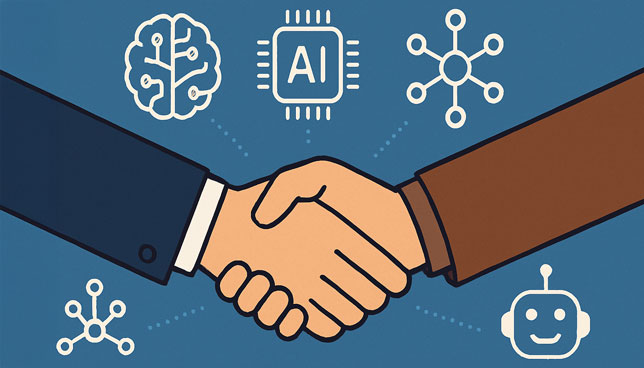
At the Sept. 4 meeting of the White House Task Force on Artificial Intelligence Education, Microsoft and Amazon unveiled new commitments to expanding AI education and skills training.
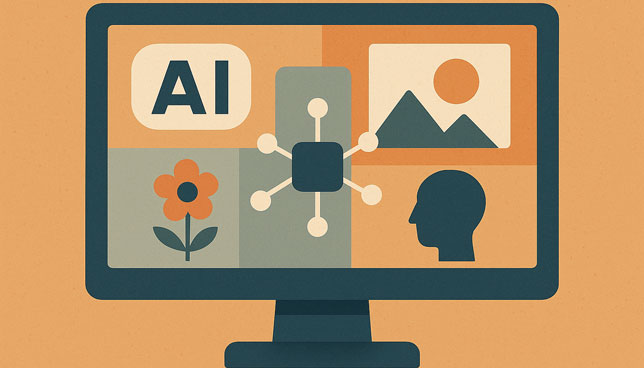
Google has introduced Gemini 2.5 Flash Image, marking a significant advancement in artificial intelligence systems that can understand and manipulate visual content through natural language processing.

Amazon Web Services (AWS) and DeepBrain AI have introduced AI Detector, an enterprise-grade solution designed to identify and manage AI-generated content across multiple media types. The collaboration targets organizations in government, finance, media, law, and education sectors that need to validate content authenticity at scale.
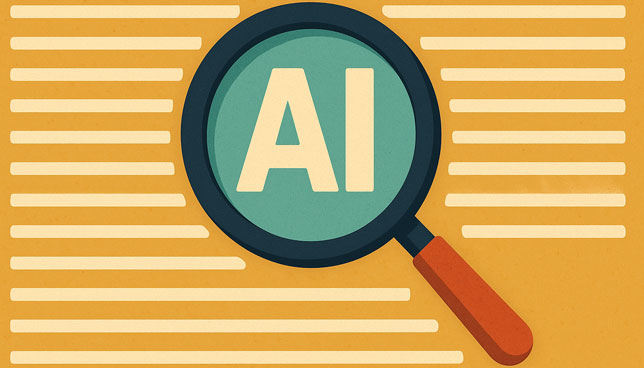
Academic integrity solution provider Turnitin has expanded its AI writing detection capabilities with AI bypasser detection, a feature designed to help identify text that has been modified by AI humanizer tools.

A new report from Anthropic provides insights into how higher education faculty are using generative AI, both in and out of the classroom.

A recent report out of the MIT Media Lab found that despite $30-40 billion in enterprise spending on generative AI, 95% of organizations are seeing no business return.

The National Institute of Standards and Technology has unveiled plans to issue a new set of cybersecurity guidelines aimed at safeguarding artificial intelligence systems, citing rising concerns over risks tied to generative models, predictive analytics, and autonomous agents.
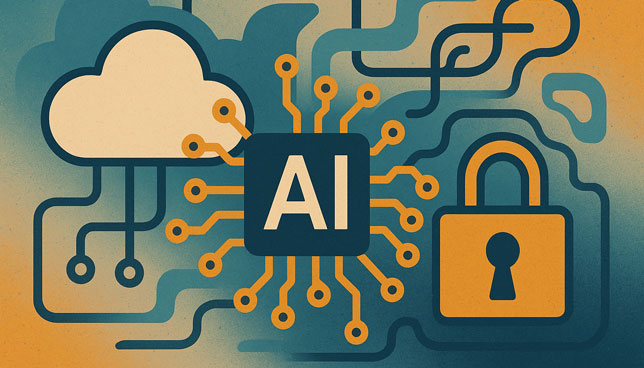
CrowdStrike’s 2025 Threat Hunting Report found that AI tools are being weaponized and directly targeted, while cloud intrusions surge 136% in early 2025.
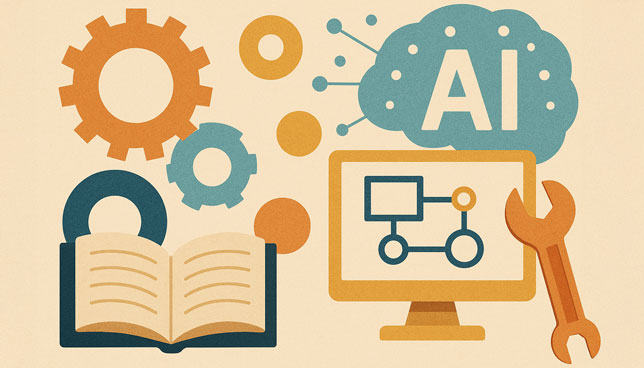
Wiley has created four new tools for its zyBooks courseware platform designed to improve instruction, learning outcomes, and academic integrity in college STEM courses.
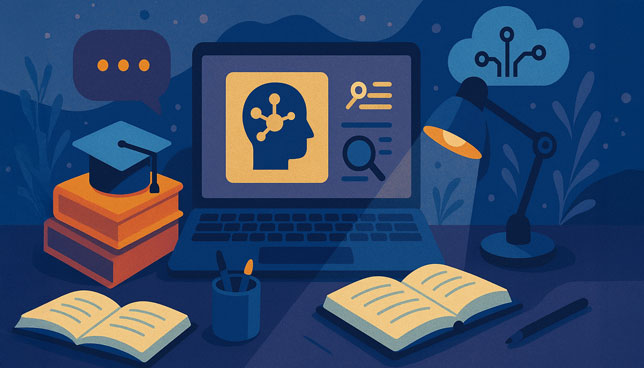
Learning platform D2L has announced new artificial intelligence features for D2L Lumi that help provide more personalized study supports for students.